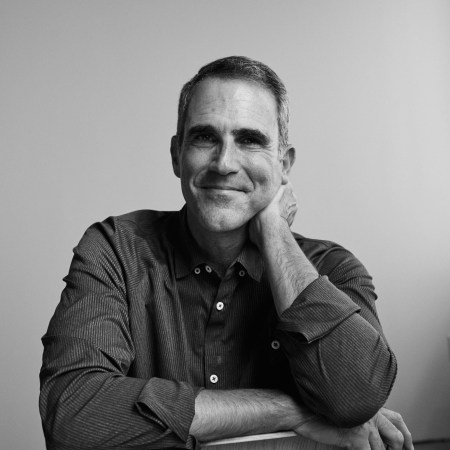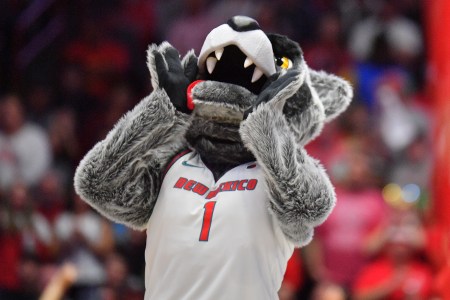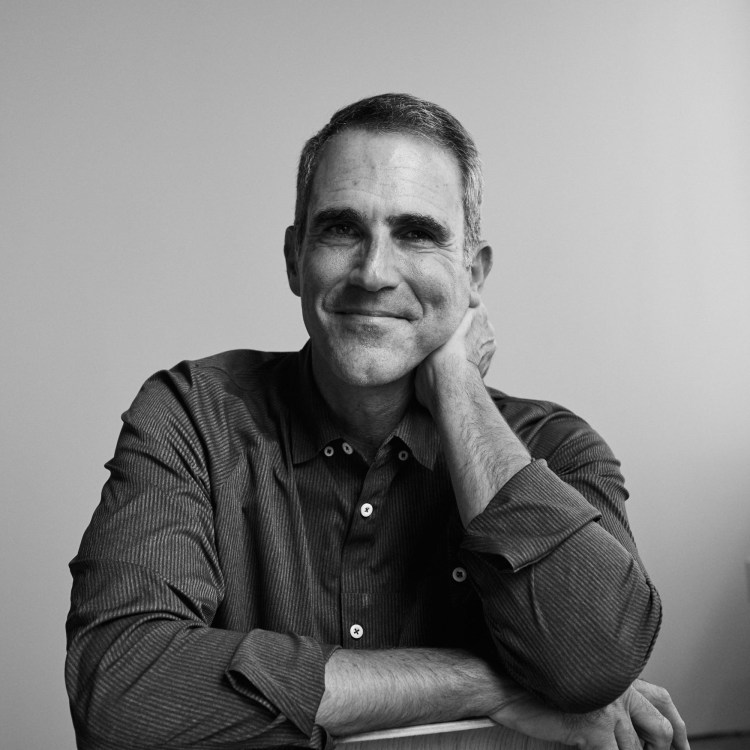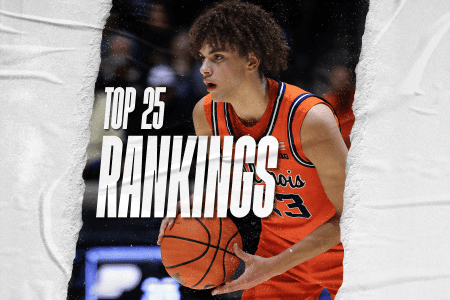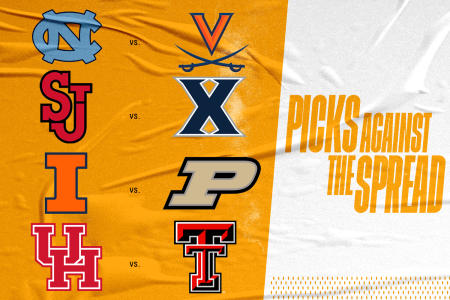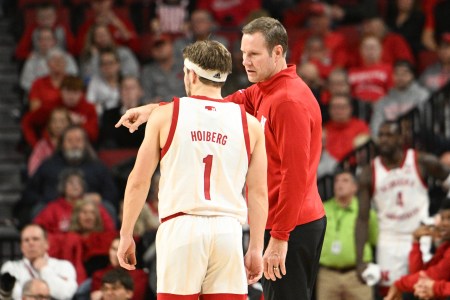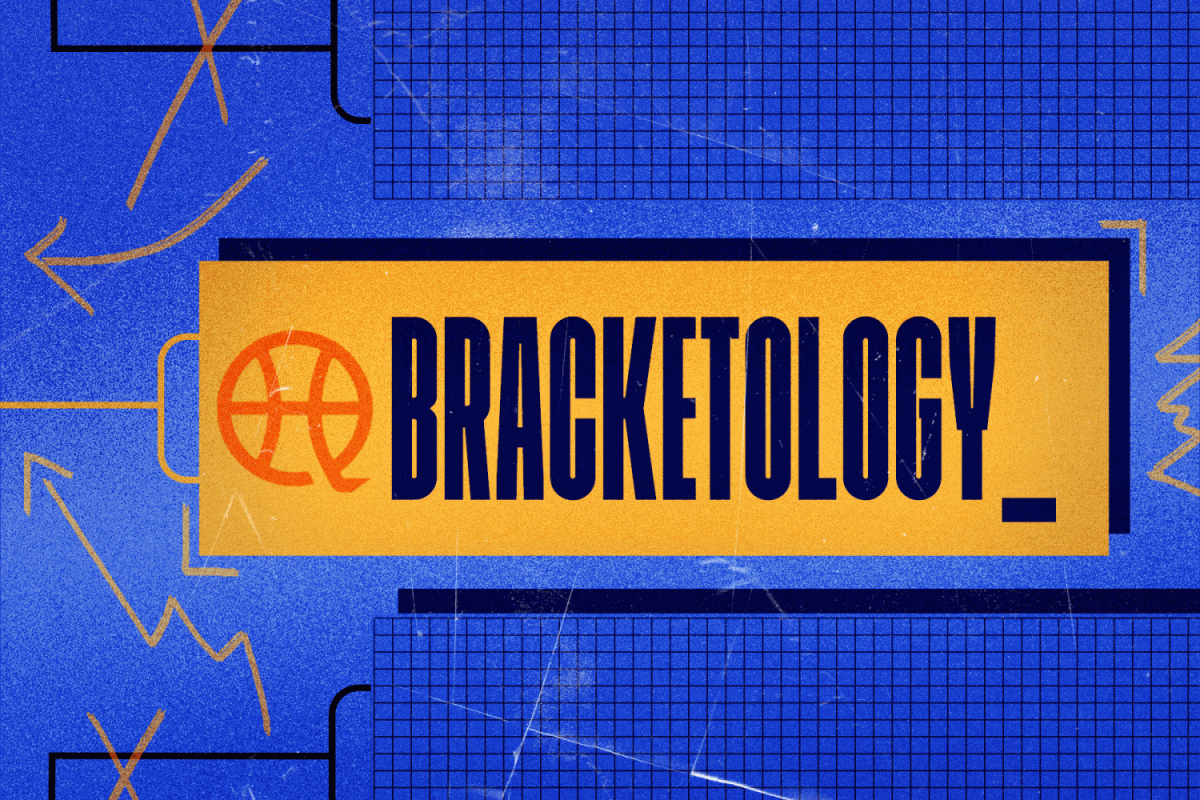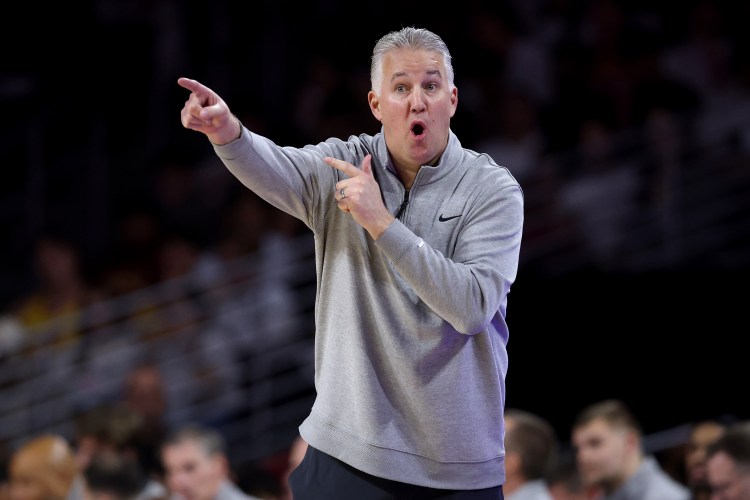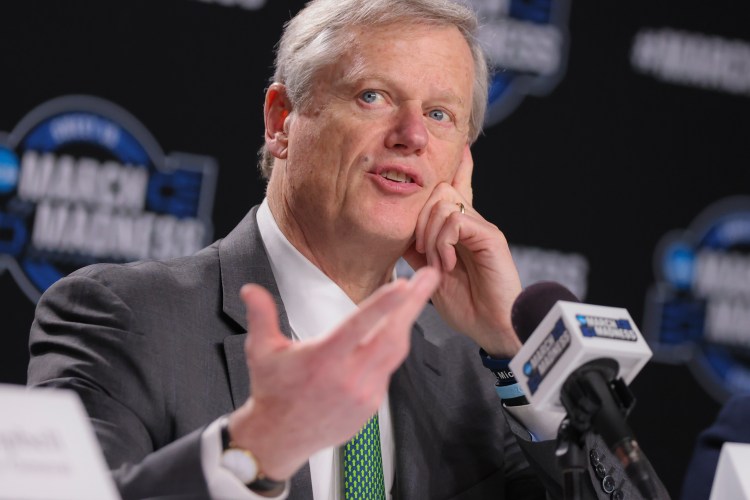When Michelle Robinson was growing up on the South Side of Chicago, she was commonly referred to as “Craig’s sister.” Her brother, who was two years older, was a star basketball player and straight-A student at Mount Carmel High School who became a star forward at Princeton. Michelle didn’t love being in Craig’s shadow, but she did love Craig, so she followed him to Princeton knowing full well she would be known as “Craig’s sister” there as well.
While Craig enjoyed a highly successful career in basketball — he was a two-time Ivy League Player of the Year, became the head coach at Brown and Oregon State and is currently the Executive Director the National Association of Basketball Coaches (NABC) — the script on his sibling dynamics has flipped in a major way. That’s because the man whom Michelle met when he was a summer associate at her law firm in Chicago and subsequently married got elected to the U.S. Senate in 2004. Four years later, he was elected President of the United States. These days, Craig is best known for being Michelle Obama’s brother, but for all the upheaval their lives have undergone, the important things have remained the same.
“We laugh all the time that when my mom was alive, her favorite was always the person who was least publicized,” Robinson told Hoops HQ. “We’ve both had a chance to be that, but it really doesn’t matter because it hasn’t changed our relationship.”
New Coach, Revamped Roster, Changing League: Inside New Mexico’s Extreme Makeover
Eric Olen made waves at UC San Diego, but the Lobos’ new coach faces a massive reconstruction as he takes over in Albuquerque
Craig and Michelle are competitive, but this isn’t a sibling rivalry. It’s a sibling partnership. And now they are sharing that as cohosts of a popular new podcast called “IMO with Michelle Obama and Craig Robinson.” (You’ll notice who gets top billing, btw.) When the podcast was launched in mid-March, it was billed as a show that would deal with “everyday questions shaping our lives, relationships and the world around us.” Translation: This is not a show about politics. The siblings have produced nearly two dozen episodes, interviewing a star-studded parade of guests including Bruce Springsteen, Julia Louis-Dreyfus, Seth Rogen, Jay Shetty and, yes, a certain former President of the United States. The conversations have been funny, informative and reflective, but the heart of what makes the show work is the palpable, mutual affection between the co-hosts.
“I’ve been really overwhelmed with the response,” Robinson said. “I thought the demographic of our listeners would be one thing, but I’ve gotten comments from a young couple in their twenties in an airport, and then I’ll have the same reaction from a 50-year-old woman from Texas. It’s been really neat to see the reception. I feel lucky to do it first and foremost, but to be able to do it with my sister has been really fun.”
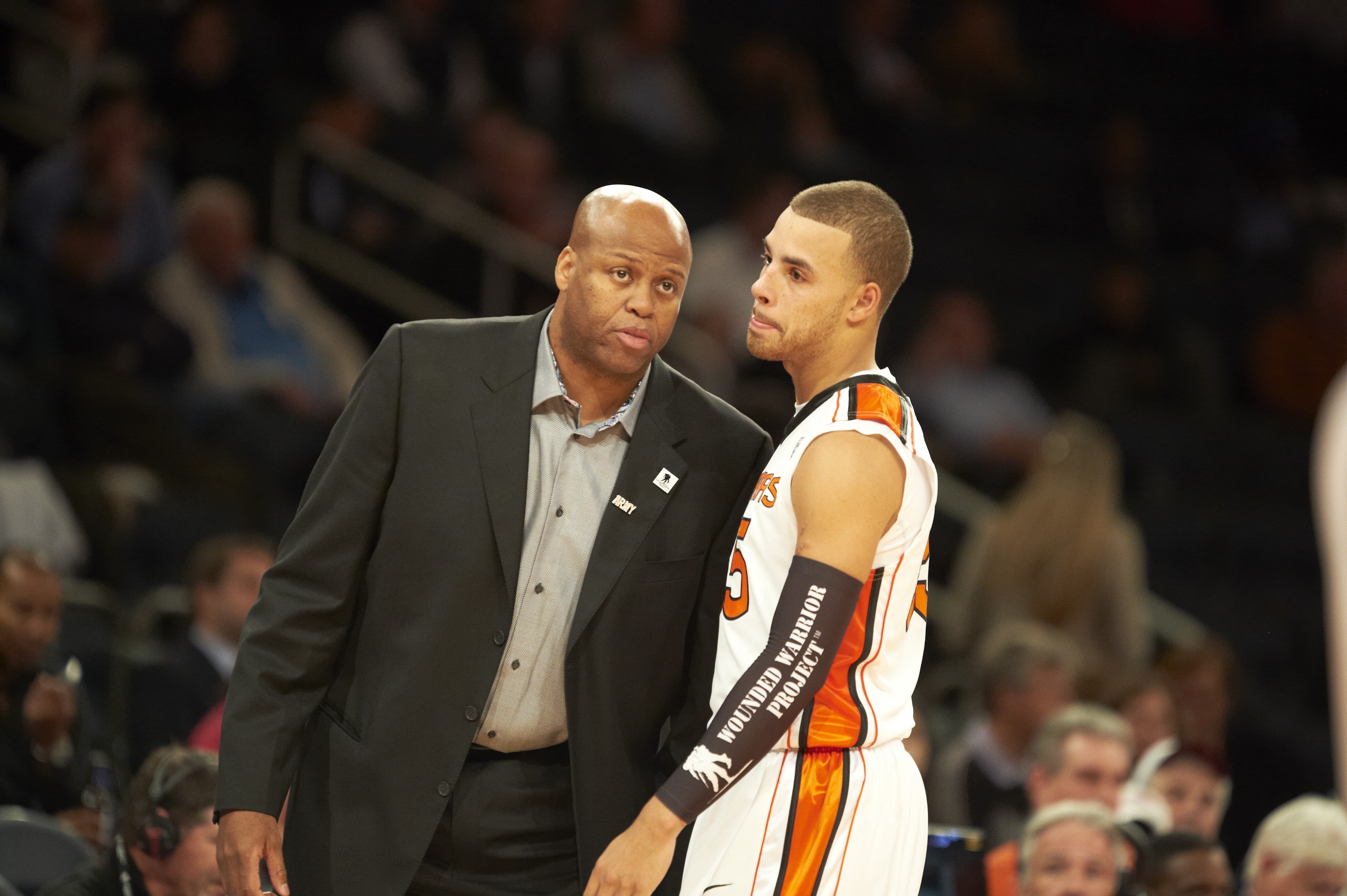
The podcast has added to what was already a very busy summer for Robinson. Besides the demands of his day job at the NABC, he has also been a full-time sports dad for his two youngest sons, 13-year old Aaron and 15-year old Austin. Robinson, who lives with his family in the Milwaukee suburb of Mequon, Wisconsin, serves as an assistant coach for both of their teams. The boys have hopscotched on the Puma circuit around the midwest as well as to the national championships in Orlando at the end of July. Not only has that given Robinson an enriching experience he didn’t get to have with his two older kids by a previous marriage (he was coaching at the time), but it has also provided a perspective that is useful for his leadership of the NABC.
“I’m on the other side of the fence now,” Robinson said. “Watching the proliferation of these tournaments and circuits at a time when fewer kids are going to get recruited (out of high school), it just feels criminal. But it has been really nice to share the game with (Austin and Aaron) and share the lessons that I learned from playing.”
Robinson came to the NABC during the summer of 2020, just as the Covid-19 pandemic was wreaking havoc. He spent a lot of time that first year helping coaches work through that disruption, an effort that was pivotal in helping the NCAA set up the 2021 tournament in the Indianapolis bubble. These days, Robinson puts in a lot of time planning the NABC convention, which is held annually at the Final Four. Beyond that, he spends most of his work days advocating, communicating, and yes, politicking on behalf of his membership, which includes more than 5,000 coaches from all levels of the sport, including NAIA and high schools.
In the past, most of the major pieces of NCAA legislation have been passed with little to no input from coaches, but Robinson has worked hard to get his members into the proverbial room where it happens. As Executive Director of the NABC, he gets a spot on the NCAA’s men’s basketball oversight committee. He also presides over NABC board meetings and the Division I Congress, which includes a representative from each of the 32 conferences. And he interfaces with states attorneys, commissioners, NCAA executives, elected officials, and anyone else who has the ability to make change. “We’ve tried to make it so that the coaches’ voices are heard by more people than in the past, and that’s taken some time,” he said. “This job is more work than I thought it was going to be, but that’s okay because it’s a function of what’s going on in the game.”
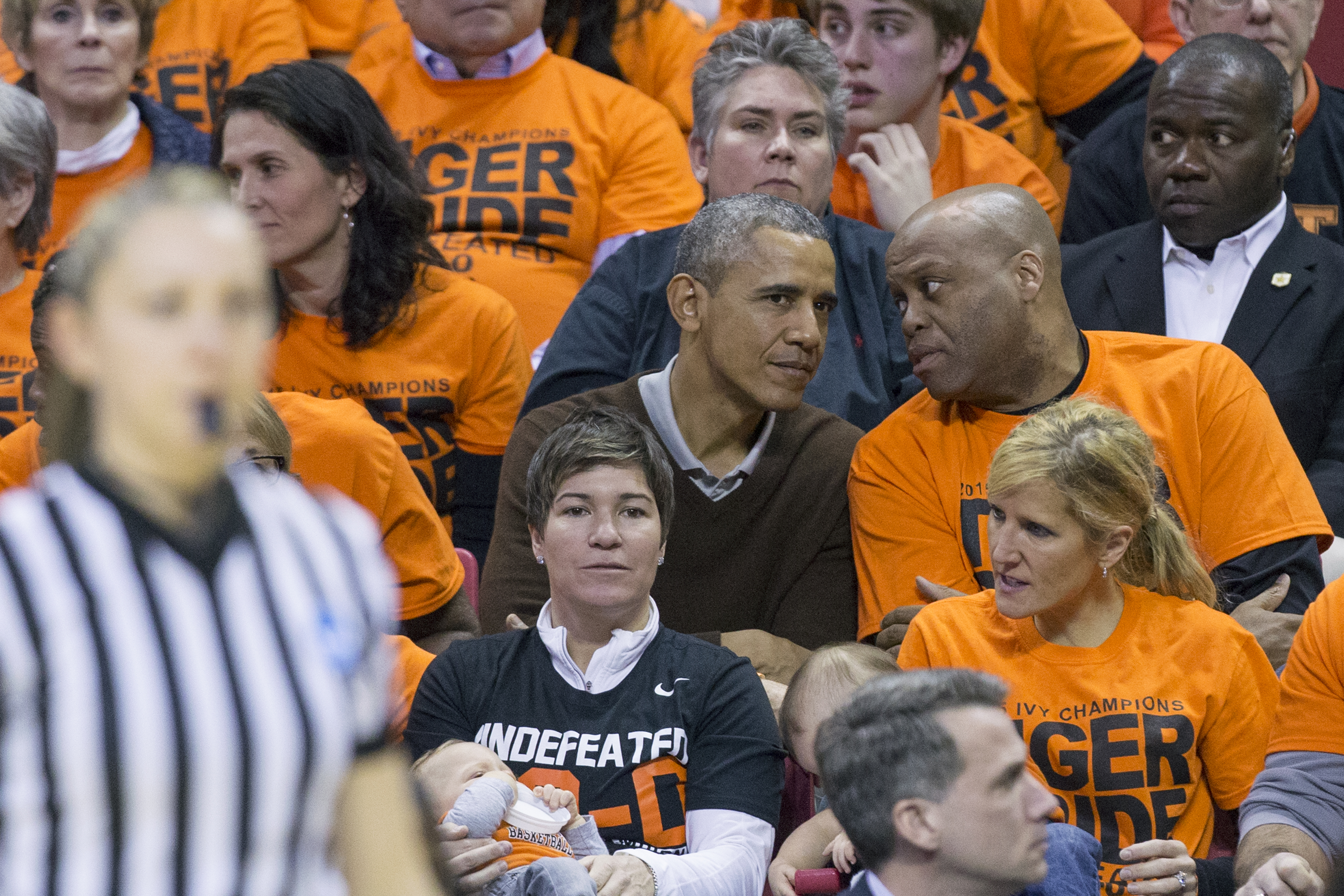
Robinson said the main topic of concern amongst coaches is the rampant transferring that has ensued ever since the NCAA got rid of the rule that forced basketball players to sit out for a season if they switched schools. There has been discussion about requiring players to sit for a year following their first transfer with an exception allowed for a coaching change. Specifics aside, there is broad agreement that the annual roster turnovers aren’t good for anyone, including the players.
“Our coaches really want to focus on how we get this transfer thing right, because what you have now is independent contractors who at the end of it all are not going to have a degree,” Robinson said. “Even the guys who are getting degrees now aren’t necessarily getting college educated.”
With all of these responsibilities, it would have been understandable if Robinson decided against doing the podcast, but the opportunity was too good to pass up. It, too, has been more work than he anticipated. “The preparation for this is way more than people think. It’s not like we just show up and start talking to people,” he said. The fact that the episodes are recorded in person adds to the burden, but he has managed to take some personal days to travel to Washington, D.C., so he and his sister can record several episodes at a time. He will soon head with his family to Martha’s Vineyard, where the Obamas have a summer home, and record some more.
It would be easier if Craig and Michelle lived a few houses down from each other as they did when they first started families and resettled in Chicago, but they have done well to maintain a sense of normalcy with the family, including when the Obamas lived in the White House. “It would have been easy for us to drift apart, but my sister and Barack were very intentional to make sure that our families stayed connected,” Robinson said.
Robinson understands as well as anyone that Michelle could have had just about anyone she wanted as a partner, but once again, she chose to be with Craig. He might be known as Michelle’s brother now, but after a lifetime spent playing and coaching basketball, he knows a great teammate when he sees one. “Everyone was telling her to do a podcast, and when this idea was presented to her, she said, ‘I’ll do it if Craig does it,’ ” Robinson said. “She’s so good at sharing what we had gone through growing up, how we developed as young people with the gifts from our parents, that she thought it would be a really neat idea to share that with the rest of the world.”
